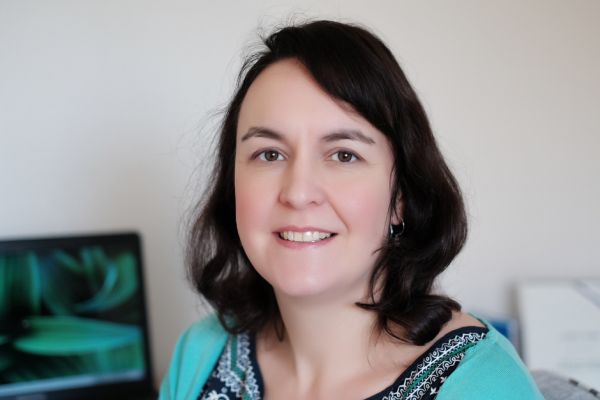Research has the potential to transform how mental health is prioritised in the UK. As a professional counsellor and someone who worked in a research organisation for over 16 years, I’m keen to promote mental health research and help build evidence for talking therapies. So, I was pleased to find the BACP’s Advancing Practice through Tracking (AdaPT) study.
ADaPT is compiling information from the Pragmatic Tracker database from therapists in private practice. By recording outcome measures such as Core 10, it can help understand client’s progress over time. It also records a session rating scale (SRS) which asks clients standard questions such as ‘I felt or did not feel heard, understood and respected.’ This aids feedback on the therapeutic alliance and can help clients have more influence in the direction of therapy.
I signed up for the study over 18 months ago as a private practitioner and member of BACP, and took part in the online training. Like with most things there is a learning curve but potential barriers have been thought through by the developers and they have tried to streamline the process. For example, you can record the SRS by sending a quick email, that will input onto the client's record and is also shown in a graph which makes it easier to visualise. There is other functionality such as recording risk, inputting goals and clinical notes. This is flexible so the practitioner can use these in ways that suit them and their work with clients.
Gathering the data gives practitioners a tangible reflection of the work they are doing. Tracking this progress, which is not always linear, builds an insight into client experience. Many times, therapists will see a consistent improvement in how clients are presenting, which reflects on the impact of therapy and can be rewarding. Asking questions about their past week encourages self-reflection from clients, and feedback from SRS supports greater transparency and accountability of therapists.
Effectiveness is not an easy thing to measure. In the past, practitioners may have been compelled to record outcomes that are aligned to unrealistic targets. I feel it’s important not to have a rose-tinted view of measures as being the definitive answer but as part of understanding the client. For me, it is about trusting in good faith measurement where we don’t always see a straightforward improvement but one which reflects the reality of the client. And attempts to offer a consistent way of practising which prioritises client wellbeing.
Without research, counselling and talking therapies would not have the reach and credibility they have today. Practising therapists have the potential to be key collaborators to shift this paradigm - where research is innovated and utilised, funding is unlocked and people’s lives are improved by having accessible talking therapies. If you feel able to – get involved.
Read more...
Views expressed in this article are the views of the writer and not necessarily the views of BACP. Publication does not imply endorsement of the writer’s views. Reasonable care has been taken to avoid errors but no liability will be accepted for any errors that may occur.



